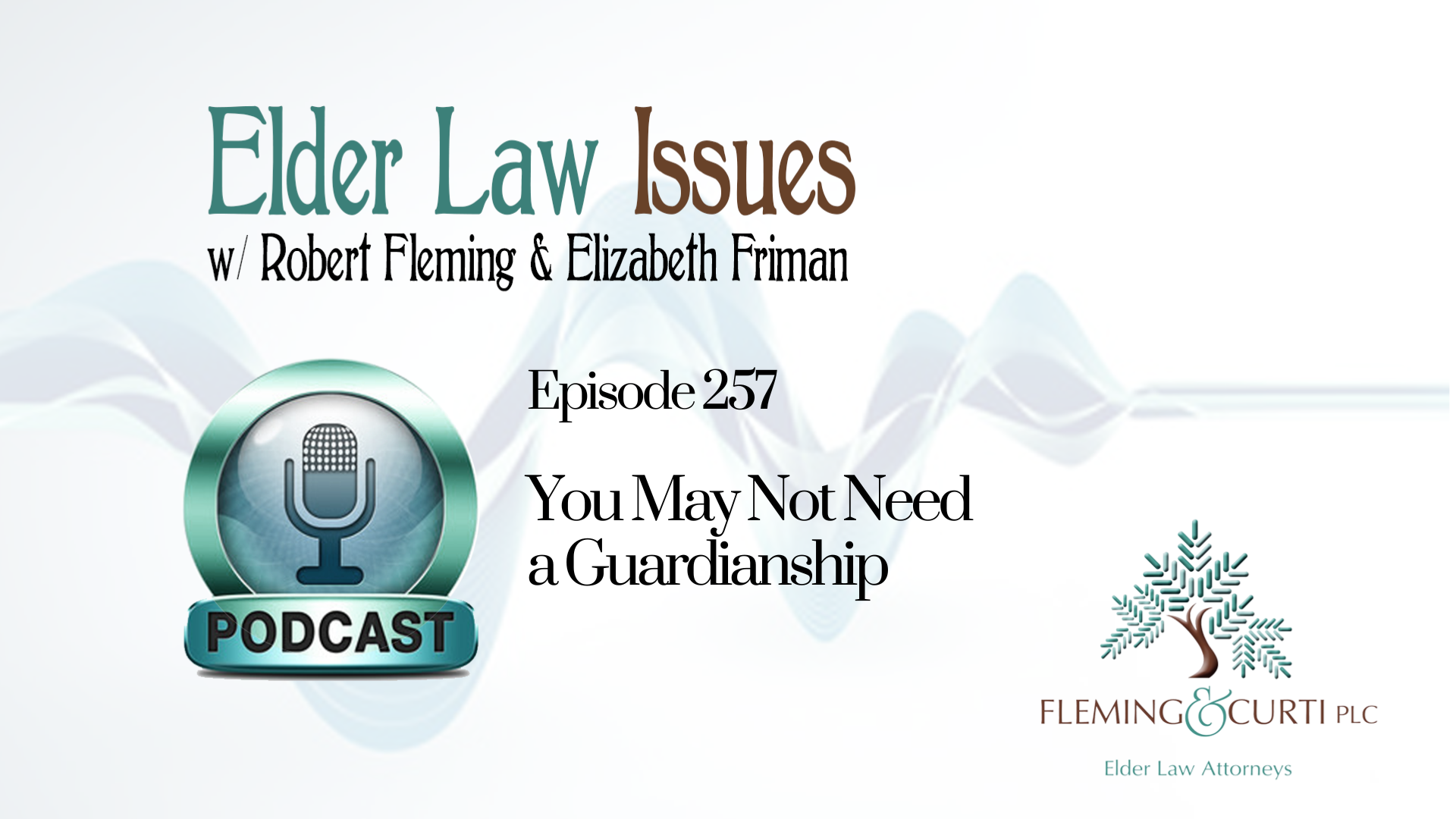Advance Directives
If you needed medical care and were unable to communicate your wishes, do your loved ones know what you’d want? There are specific documents for that: advance directives.
These legal documents memorialize a person’s wishes regarding medical treatment if they are unable to understand or express them. The goal is to ensure that the patient’s directives are carried out. Arizona identifies four types of directives that can be executed in advance:
- A healthcare power of attorney
- A mental health power of attorney
- A living will
- A "Prehospital Medical Care Directive"
Have questions about Advance Directives?
Give us a call, we are happy to discuss your options.

Health Care Power of Attorney
A health care power of attorney grants your “agent” (or “attorney in fact”) the authority to make health care decisions when you (the “principal”) are unable to. These powers can include making decisions about living arrangements, placement, medications, surgeries, and critical end-of-life treatment. Because the power granted is broad, an agent should be trustworthy and fully informed about their duties and your wishes.
In Arizona, a health care power of attorney must contain clear language indicating that it is to be used for such purposes and must be witnessed or notarized. No particular form is required, but a document prepared by an attorney is likely to be more thorough than a self-drafted version – or the statutory form provided by the legislature.
Mental Health Power of Attorney
Arizona residents also can execute a mental health power of attorney. This grants an agent the authority to make mental health care decisions if you are unable to make your own decisions – as when you are experiencing a mental health crisis. Among the powers a mental health care agent can be given is the ability to admit the principal to a locked psychiatric treatment facility. This power can help avoid the court process that may be required if a person refuses needed treatment. A mental health power of attorney can save time, money, and emotional turmoil in a time of crisis. It is, however, completely optional.


Living Will
A living will is a written statement that expresses wishes for medical care during any period of incapacity. A living will can include specific medical treatments that you would or — would not – like. It also can include preferences for organ donation and pain management. Like a health care power of attorney, there is no particular form that is required.
Living wills usually work together with a power of attorney. The agent named under the power of attorney uses the Living Will to guide them in making decisions. That said, no single document can capture a person’s wishes in all circumstances; there’s no substitute for fully discussing these matters with your agents.
At Fleming & Curti, our health care directives include the power of attorney; mental health powers (if desired); and living will in one document. No one needs to keep track of three different pieces of paper. Our documents also cover other wishes including organ donation, cremation, driving, and visitation authority.
Prehospital Medical Care Directive
A Prehospital Medical Care Directive is a special document for patients who do not wish to be resuscitated if a medical emergency arises. It is unique to Arizona, and will not have the same effect in other states. It is sometimes called “the orange form” because it must be on orange paper. With this document in place, emergency workers are directed to refrain from using equipment, drugs, or any other device to restart a person’s heart or breathing. The directive must be in a specific format.
Copies of completed advance directives should be shared with your medical team and the agents named. Once you have completed your advance directives, be careful about inadvertently signing inconsistent documents presented by medical providers , self-help seminars or other (mostly well-meaning) advisers.

I need help with:
How we're different

- Chris T
Podcasts
Subscribe to our Newsletter
Subscribe to our newsletter to get our takes on some of the situations families, seniors, and individuals with disabilities find themselves in. These posts help guide you in the decision-making process and point out helpful tips and nuances to take advantage of. Enter your email below to have our entries sent directly to your inbox!



